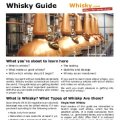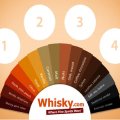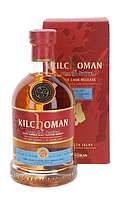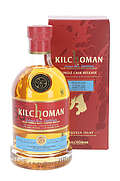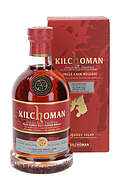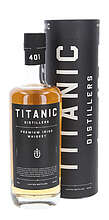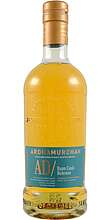There are two theories about the origin! Where does the word "moonshining" come from in this context? The first theory goes back to the time of Prohibition (1919 to 1933) in the United States of America. During this time, many farmers and private individuals distilled their schnapps in home-made stills. To avoid arousing suspicion, the illegal distillers distilled at night by moonlight. Distillation was usually carried out under a full moon so that the master distiller had enough light to carry out the delicate process.
The second theory was that the illegally distilled schnapps had to be brought into the towns and pubs by smugglers. These smugglers got a lot of attention in the eighteenth century and were called "moonrakers". At that time, however, moonshine mostly consisted of apple brandy, Corn Whiskey and other fruit distillates.
Excise Act
In the early days of Scotch whisky history, all whisky was banned in the Highlands because the tax collectors could not reach the distilleries and the taxes were far too high and complicated. In 1823, the Excise Act was finally passed and the tax was set at £10 per gallon. The new law was so popular that over the next decade almost all distilleries were registered and legalised. For this reason, the year 1824 is most often cited as the founding date of an old distillery.
If you are from a country that is not listed here, please send us an e-mail (info@whisky.com)
| Country | By law | Link to |
| USA | only with licence | TTB.gov |
| UK | only with licence | HMRC.gov.uk |
| Canada | with licence only | justice.gc.ca |
| Australia | with licence only | ato.gov.au |
| Germany | yes, up to a distillation volume of 0.5 litres. Over 0.5 L only with licence | zoll.de |
| New Zealand | yes, for private use only | customs.govt.nz |
| Ireland | only with licence | irishstatutebook.ie |
| Denmark | only with licence | retsinformation.dk |
Disclaimer:
Whisky.de does not promote illegal distillation. Nor is the legal information on this site binding in any way.






